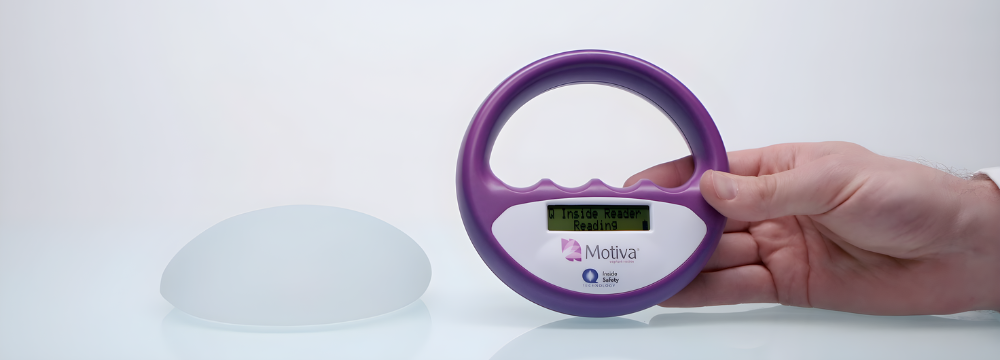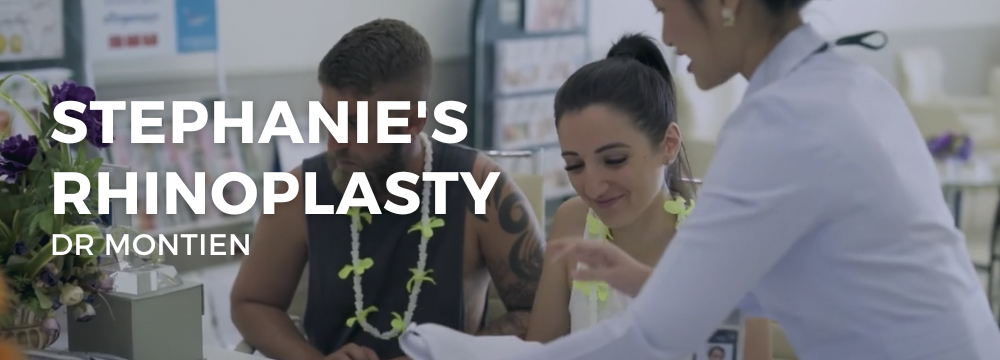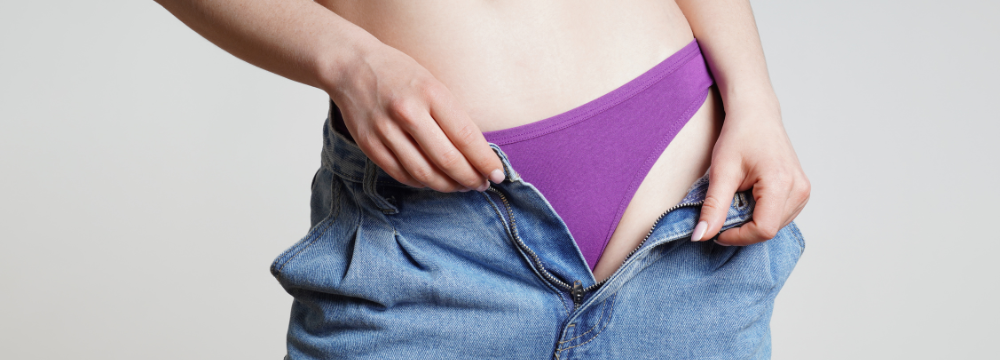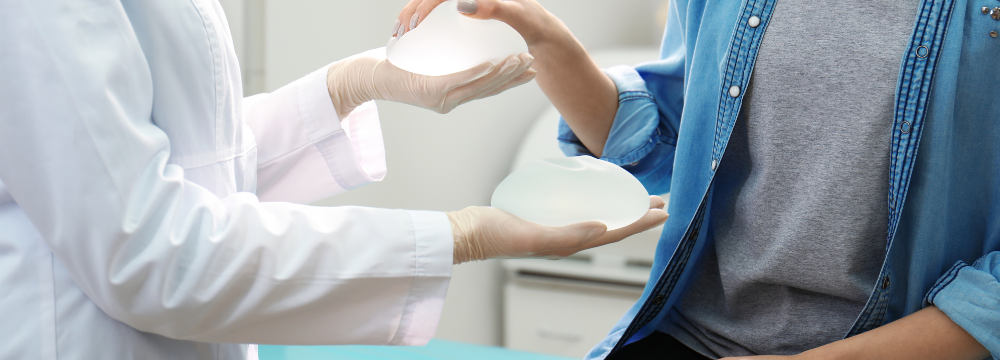Plastic Surgery and Tattoos. Have you ever wondered is it safe to get a Tattoo after Plastic Surgery? Or have you been told you should avoid tattoos before your Surgery and not sure why? Read on to discover why CosMediTour suggest Clients not get tattoos for six weeks before and six weeks after your Plastic Surgery. We’ll delve into why Tattoos can be dangerous before Plastic Surgery and why avoiding tattoos after Plastic Surgery is an important part in minimising risks for an optimum recovery.
INDEX
Should I Get A Tattoo In Thailand?
Many holiday makers will take the opportunity to get a tattoo while they’re visiting Thailand. In fact, the nation has a profound tattoo history, Thai tattoo artists are world-renowned and, if that wasn’t enough, tattoos are also more affordable than in countries like Australia.
So, should you schedule in a tattoo before or after your Plastic Surgery in Thailand?
No. Despite the reasons listed above, your safety and wellbeing must take precedence. In fact, having a tattoo in the weeks before or after your Surgery significantly increases your risk of infection and can impact on your healing and recovery after Surgery. For these reasons, CosMediTour encourage their Clients to avoid getting tattoos for six weeks before and after surgery.
Can I Get Tattoos Before Plastic Surgery in Thailand?
We strongly encourage Clients not to have a Tattoo for six weeks prior to their Surgery for the following reasons:
Greater Risk of Infection
Both tattoos and surgery involve breaking the skin, which naturally increases your risk of infection. Having an open wound from a recent tattoo may pose a risk of introducing bacteria during surgery. What’s more, if your body is fighting an infection from a tattoo, it will be less able to fight any potential infection that may occur after your Plastic Surgery.
Longer Recovery and Slower Healing
Like your Plastic Surgery, tattoos also require adequate time to heal. Getting a tattoo too close to your surgery date may give your body enough time to heal and place too much strain on your body. This additional strain could lead to a longer recovery period or complications following your Plastic Surgery.
Surgical Site Appearance
Obviously, if your new tattoo is in the same area where you’ll be having surgery, it could affect the surgeon’s ability to perform the procedure. It can also impact on the appearance of your Plastic Surgery result, or even distort the tattoo.
Can I Get a Tattoo After My Plastic Surgery in Thailand?
No. To minimise your risk of infection and other complications during your recovery, we recommend Clients wait at least six weeks after having Plastic Surgery before getting a tattoo.
The risks to clients of having a Tattoo after surgery include:
Increased Risk of Clots, Swelling and Fluid Accumulation
Anyone that has had a tattoo will tell you that it may involve hours of sitting still. While this may be ok for most, if you’ve just had Plastic Surgery, prolonged periods of sitting in the early stages of your recovery can have very serious ramifications, including reduced blood circulation and even Blood Clots. Sitting still for too long can place additional pressure on surgical areas, which is not only uncomfortable, it can also affect wound healing and impact on your results. It also contributes to swelling and fluid accumulation, which can impact negatively on your recovery and of course, your results.
Do Tattoos Increase Your Risk of Infection after Plastic Surgery?
Yes, your risk of infection is higher if you have a tattoo after Plastic Surgery. Both Tattooing and Plastic Surgery create wounds that need adequate time to heal. Combining the two processes increases the likelihood of complications, as the body’s immune system is already focused on healing the surgical incisions from the Tattoo.
Blood Flow and Healing
Both Tattoos and Plastic Surgery can impact blood flow and circulation.
Tattooing involves puncturing blood vessels in the skin, while surgery involves cutting through tissue. The body’s healing process requires adequate blood supply, and any additional stress on the circulatory system may hamper your body’s ability to heal. Waiting six weeks before and after surgery allows the body to prioritise healing without the interference of new wounds from tattooing.
Increased Risk of Allergic Reactions
During the healing process, the body may develop sensitivities or allergies to certain substances. Getting a tattoo introduces foreign pigments into the skin, and the body may react differently than it would under normal circumstances. By avoiding tattoos in the weeks surrounding surgery, clients minimize the risk of unexpected allergic reactions that could complicate their recovery.
Increased Risk of Scarring and Distortion
Having a Tattoo that’s healing at the same time as you’re recovering from Plastic Surgery may compromise the healing of either or even both. In fact, some Clients in this situation have reported their Post-Op scarring is distorted, discoloured and uneven. Waiting for the initial healing phase to complete helps to ensure that both the surgery and the tattoo heal without compromising the desired outcome of either.
Should I ask my Plastic Surgeon if I can get a Tattoo?
Yes, we recommend you discuss your plans to get a tattoo with your Plastic Surgeon. Your Surgeon will be able to provide specific guidelines for activities, including getting a Tattoo. Their advice will be based on the type of surgery you’ve had and your individual health, so it’s crucial you follow your Plastic Surgeon’s pre and post operative instructions closely.
While we understand that having to wait the six weeks before and after Plastic Surgery to get a Tattoo may be disappointing, please remember that this guideline is in place to ensure optimal healing and better outcomes and minimise risks to our clients.
Further Information
Following our recommended guidelines, including avoiding getting tattoos for six weeks before and after surgery, is a pivotal step in achieving optimal results. By understanding and adhering to these precautions, you actively contribute to own recovery.
If you have any questions or concerns about these guidelines, our dedicated team is here to provide the support and information you need. Together, we can achieve the best possible outcomes for your Plastic Surgery journey.










